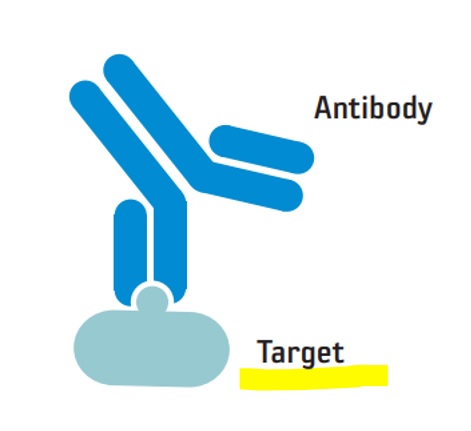| Antibody product datasheets often present only blots demonstrating reactivity with recombinant protein, without providing evidence of performance on endogenous samples. While testing an antibody against recombinant protein can confirm reactivity to the immunogen, this approach alone does not validate specificity in endogenous samples. Recombinant proteins often differ from native proteins in folding, post-translational modifications, abundance, and cellular context. As a result, epitopes accessible in recombinant constructs may be masked or absent in vivo, and antibody cross-reactivity may be underestimated when tested only against purified protein, which can be loaded in excess in a well, compared to a low abundance target in endogenous sample, which is not going to yield antibody binding of such intensity. Therefore, validation in endogenous material—using genetic controls (e.g., knockout/knockdown lines), or orthogonal methods such as immunoprecipitation–mass spectrometry—is essential before drawing conclusions about target detection in biological samples. |  |
Latest
Same antibody, different outcome on samples from wide taxonomic range2026-02-23 Can the quality of protein transfer be checked before the blot is developed with antibodies?
2026-01-16 Is wild type a wild type?
2025-12-29 Why an antibody may detect tagged protein but not endogenous one and in some cases endogenous protein but not its tagged version?
2025-10-30 Calclulated and aparent molecular weight of detected protein is different, why?
2025-10-09 How to chose right loading control for Western blot?
2025-10-06 Is an antibody going to work in a technique I am planning to use it in?
2025-09-30 Antibody reactivity to recombinant protein,does not validate antibody specificity in endogenous sample
2025-08-20 Can aggregated antibody be still used?
2025-08-15 Blot Once, Probe Twice - when such approach can be beneficial?
2025-07-31
Archive
- February - 2026
- January - 2026
- December - 2025
- October - 2025
- September - 2025
- August - 2025
- July - 2025
- June - 2025
- May - 2025
- April - 2025
- March - 2025
- February - 2025
- January - 2025
- December - 2024
- November - 2024
- September - 2024
- July - 2024
- June - 2024
- May - 2024
- March - 2024
- February - 2024
- December - 2023
- November - 2023
- September - 2023
- July - 2023
- May - 2023
- March - 2023
- January - 2023
- December - 2022
- November - 2022
- October - 2022
- September - 2022
- August - 2022
- June - 2022
- May - 2022
- March - 2022
- February - 2022
- January - 2022
- November - 2021
- October - 2021
- August - 2021
- June - 2021
- May - 2021
- April - 2021
- March - 2021
- February - 2021
- January - 2021
- December - 2020
- November - 2020
- October - 2020
- September - 2020
- August - 2020
- July - 2020
- June - 2020
- May - 2020
- April - 2020
- March - 2020
- January - 2020
- November - 2019
- October - 2019
- March - 2019
- April - 2017
- February - 2017
- May - 2016
- February - 2014
- September - 2013
- December - 2010
